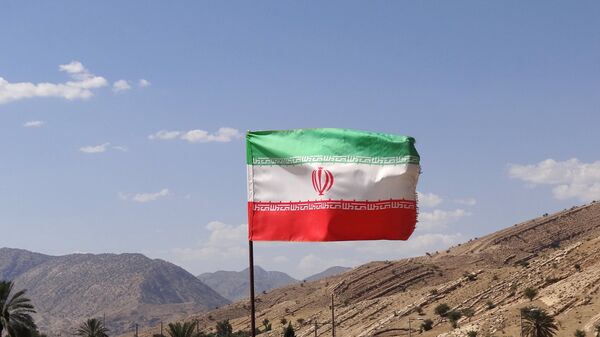In a Friday statement, Marine Corps General Kenneth McKenzie, head of the US military’s Central Command, revealed that the retaliatory strikes against five Kataib Hezbollah weapon storage facilities on Thursday would dissuade “future strikes of this nature,” Reuters reported. However, he added that the Iranian threat remains “very high.”
“I think the threat remains very high. I think the tensions have actually not gone down,” McKenzie said during the Pentagon news briefing.
The Wednesday strike came after the US announced that it would be moving air and missile defense systems into Iraq in order to defend against ballistic missile and drone threats.
According to the Iraqi military, the US retaliatory strikes on Thursday night killed a total of six people: three army soldiers, two policemen and a civilian. In addition, at least 12 people were wounded in the attack, the Iraqi government said Friday.
Also on Friday, Iranian Foreign Ministry spokesperson Abbas Mousavi denied his country’s involvement in the airstrikes against Camp Taji.
"Instead of dangerous actions and baseless accusations, Mr. Trump should reconsider the presence and behavior of his troops in the area," Mousavi is quoted as saying by the Ashraq Al-Awsat Arab international paper.
Kataib Hezbollah was commanded by Abu Mahdi al-Muhandis, who was killed, along Iranian Major General Qasem Soleimani, in a January 3 US airstrike in Baghdad. In February, the US State Department designated Ahmad al-Hamidawi, the new leader of Kataib Hezbollah, as a global terrorist. Tensions between the US and Iran have been high since Soleimani’s death.

